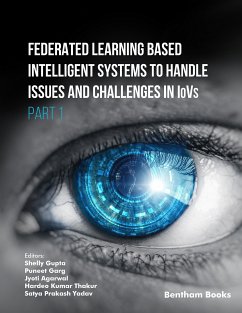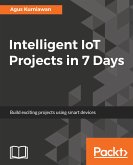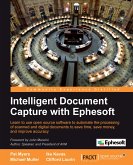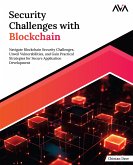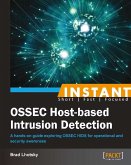Federated Learning Based Intelligent Systems to Handle Issues and Challenges in IoVs (Part 1) examines how federated learning can address key challenges within the Internet of Vehicles, from data security to routing efficiency. This volume explores how federated learning, a decentralized approach to machine learning, enables secure and adaptive IoV systems that enhance road safety, optimize traffic flow, and support reliable data sharing.
Chapters cover essential topics, including technologies to address IoV routing issues, secure data exchange using blockchain, privacy-preserving methods, and NLP applications for vehicle safety. By combining theoretical insights with practical solutions, the book highlights how federated learning fosters scalable, resilient IoV systems that respond dynamically to the demands of connected vehicles.
Key Features:
- Addresses data privacy, secure communication, and adaptive solutions in IoV
- Explores federated learning applications in real-time IoV systems
- Combines practical examples with theoretical foundations in IoV technology
- Includes emerging research areas in IoV federated learning frameworks
Readership:
Ideal for people in R&D industry, manufacturing and automation sectors, IoV engineers, university libraries, researchers, and graduate students.
Chapters cover essential topics, including technologies to address IoV routing issues, secure data exchange using blockchain, privacy-preserving methods, and NLP applications for vehicle safety. By combining theoretical insights with practical solutions, the book highlights how federated learning fosters scalable, resilient IoV systems that respond dynamically to the demands of connected vehicles.
Key Features:
- Addresses data privacy, secure communication, and adaptive solutions in IoV
- Explores federated learning applications in real-time IoV systems
- Combines practical examples with theoretical foundations in IoV technology
- Includes emerging research areas in IoV federated learning frameworks
Readership:
Ideal for people in R&D industry, manufacturing and automation sectors, IoV engineers, university libraries, researchers, and graduate students.

